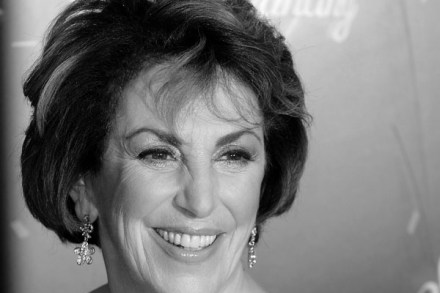Eavesdropping on the enemy
Say ‘Colditz’, and the name immediately triggers an image of prisoners of war digging tunnels, building gliders and in general plotting outrageously to cross the barbed wire into freedom. You could shout ‘Trent Park’ from the rooftops and, until now, no one would have known what you were referring to. But this book should give














